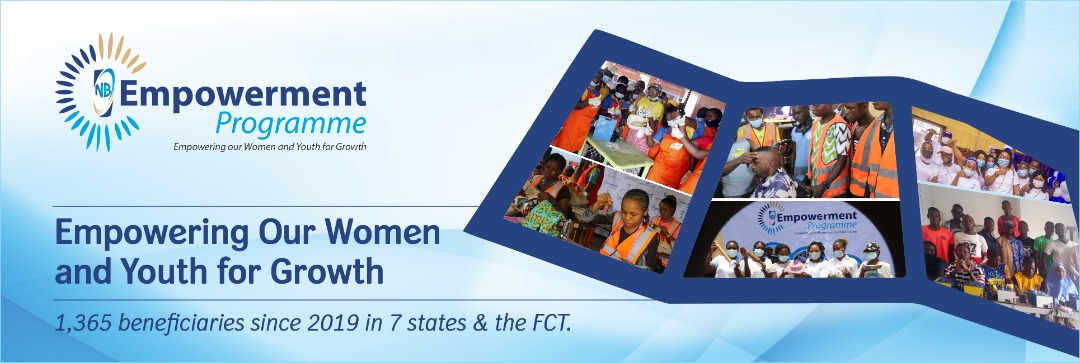Puleng Lenkabula, the principal Vice-Chancellor of the University of South Africa (UNISA), has urged universities in Africa to deal with vestiges of colonialism, racism, apartheid, and cultural imperialism limiting the devastation of the continent.
Lenkabula also called for curriculum transformation, development of infrastructure, partnerships, and sustainable funding of Universities for them to produce knowledge for a rapidly changing Africa and the world.
Lenkabula, the first female Vice-Chancellor of UNISA, established about 150 years ago, spoke at the 12th convocation lecture of the National Open University of Nigeria (NOUN), held on Friday at the NOUN Headquarters, Abuja. The theme of the convocation lecture is Volatility and Opportunities in Higher Education.
She decried poor investment in research and development by African governments, saying currently, “we have very few African countries that invest more than 1 percent of their GDP (Gross Domestic Product) in R&D.
While stressing that the African Continent needs to reclaim the research agenda from foreign lands, she maintained that the pan-African university must influence higher rates of investment in research, development, and innovation (R&DI).
She also noted that the raison d’etre for the University is to question and advance society.
The Vice-Chancellor said: “A progressive pan-African university is an organic one. One that identifies the condition of the people, locally and globally, and seeks to question and improve the human condition.
“The African universities must deal with legacies of colonialism, racism, apartheid, and cultural imperialism, from curriculum transformation to development of infrastructure, partnerships, and sustainable funding.
“And the same time, face up to the pressures or producing knowledges for a rapidly changing Africa and the world. These are the twin challenges of the African university; a university that must re-member Africans and Africa in the global community of equals.
“And yet at the same time, if we are to ensure that ‘no one is left behind’ in this century, especially under the vision of the Sustainable Development Goals, we must make sure that all the human and socially constructed structures of exclusion, discrimination and dehumanisation of women, children, differently-abled people, and the nationally oppressed people across the world are totally demolished – even in the knowledge generation and dissemination processes,” she said.
She further charged African Universities to reimagine questions about “who we teach, where we teach, how we teach, why we teach, when we teach”.
According to her, the pan-African university must define its role in questioning and advancing pan-African unity in the region and the diaspora, stressing the need for the universities to provide the solutions needed to achieve the peace, development, and prosperity that the continent is destined for.
Vice-Chancellor of NOUN, Prof. Olufemi Peters, in his earlier remark, said NOUN has a lot from the University of South Africa, which is the first Open and Distance Learning University in Africa.
















